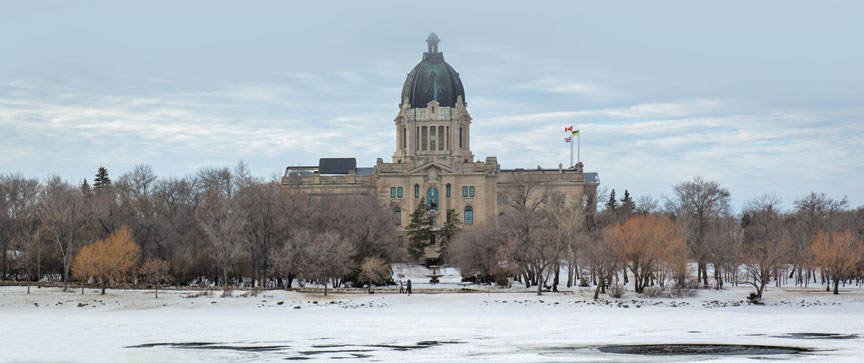
When I share with the board of St. Andrew’s College my anxiety over the leaky plumbing that will cost half a million dollars to fix, I wish I could do what I did in my former job: raise taxes.
I graduated from St. Andrew’s College and spent 10 happy years in pastoral ministry, but in 1986, I sought and won a seat in the Saskatchewan legislature. Thus began a “sabbatical” that eventually stretched into 24 years in political life — seven of them as premier (or first minister) of the province.
Then, just as suddenly, with the “consent of the majority of Saskatchewan voters,” my sabbatical ended. St. Andrew’s College, where I had earned a bachelor of divinity degree 39 years earlier, graciously offered me a return to theological education.
When people ask me what lesson I learned in political life that can apply to what I’m doing now, I say this: Theological education is more significant to the health of individuals and families, churches, and our entire democracy than it has been in many years.
In Healing the Heart of Democracy, Parker J. Palmer notes that democracy is not simply a means of organizing citizens. At the core, he says, healthy democracy must be based on values like justice, hospitality, equality, and respect. Yet these theological values are not often taught in schools of business, economics, or science. Fortunately, seminaries and their graduates can advocate for them and introduce them to the public sphere, bringing life and healing to society.
It seems to me that the greatest need in the Canadian church, and in my own denomination, the United Church of Canada, is for a new generation of servant leaders who can articulate these public virtues and lead people into the future to which God is calling them. God has seen fit to give our churches a season of struggle and change, and, with them, new possibilities. But as we stand on the shores of a new Red Sea, we need a new Miriam to sing and a new Moses to lead. From where will these singers and servant leaders arise if not from centers of theological training?
When I was a public servant, I could attend in some ways to the health of my people, in some ways to their wealth, in some ways to their security, but I could not attend to their happiness, their spirits, or their deepest longings. In contrast, the students in our theological colleges are able to minister in just those ways, directly to people’s hearts and souls. People educated in our schools may go where no politician dares to go, and may do what no public servant can possibly do.
So when the board of St. Andrew’s College and I discover that the plumbing is leaking, and our student numbers are not what we would hope, and expenses exceed revenues, we stay hopeful and focused by looking in on the students who gather in chapel three mornings each week. We take courage that they will go out from among us to do the things that the premier’s office cannot do. They, after all, will help transform families, build communities of faith, and provide wisdom as leaders in our democracy. We believe in them!
And that is what I learned during my sabbatical.